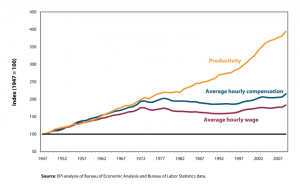Why the US Economy Won’t Fully Recover
Yves here. It almost seems quaint to think that someone (in reality, large swathes of the investor and orthodox economics community) thinks the US economy will someday bear a passing resemblance to its former bubble-stoked vigor.
Read more...
